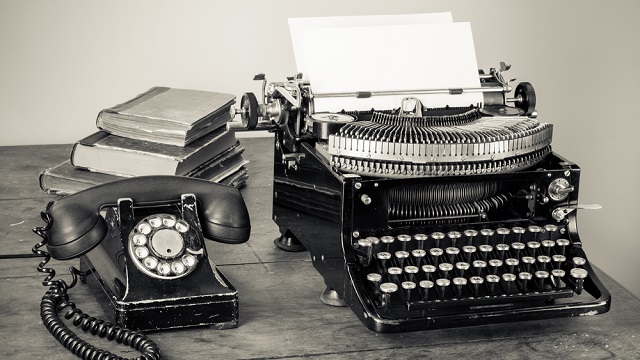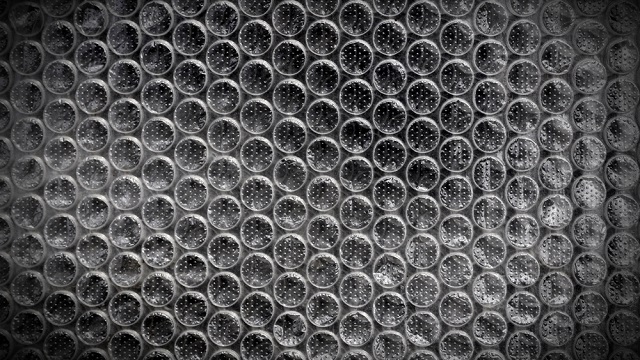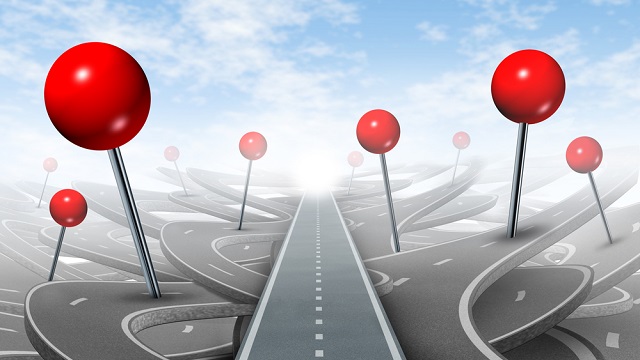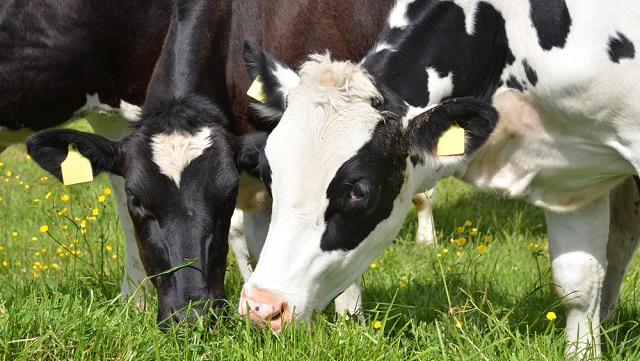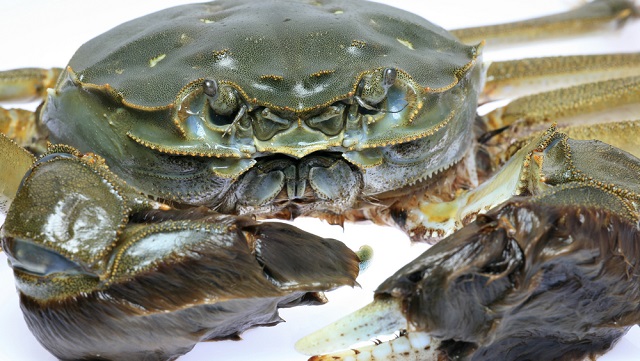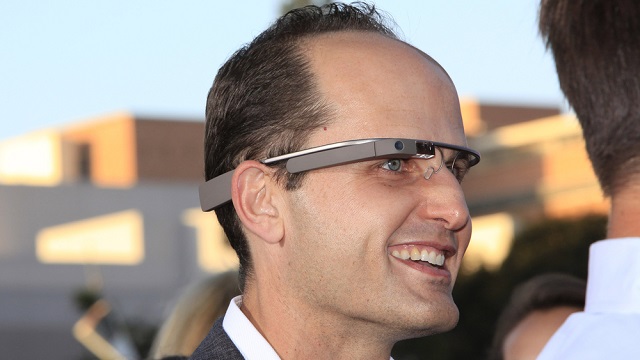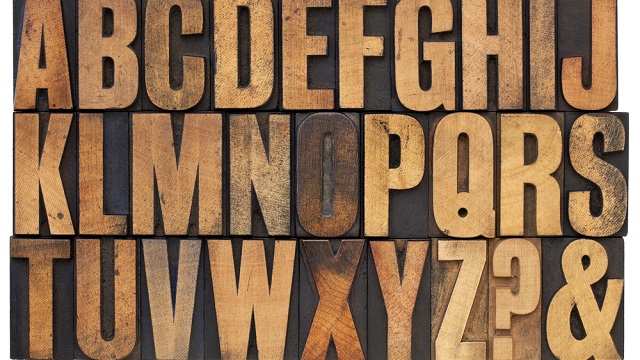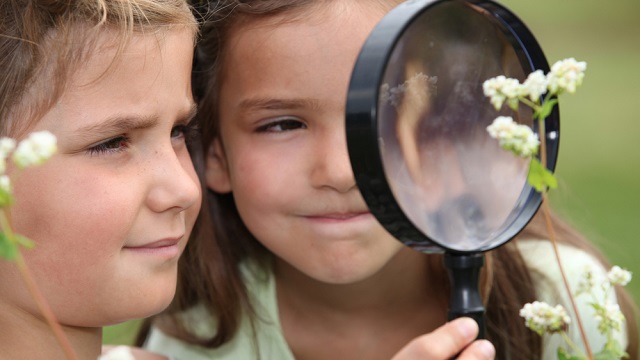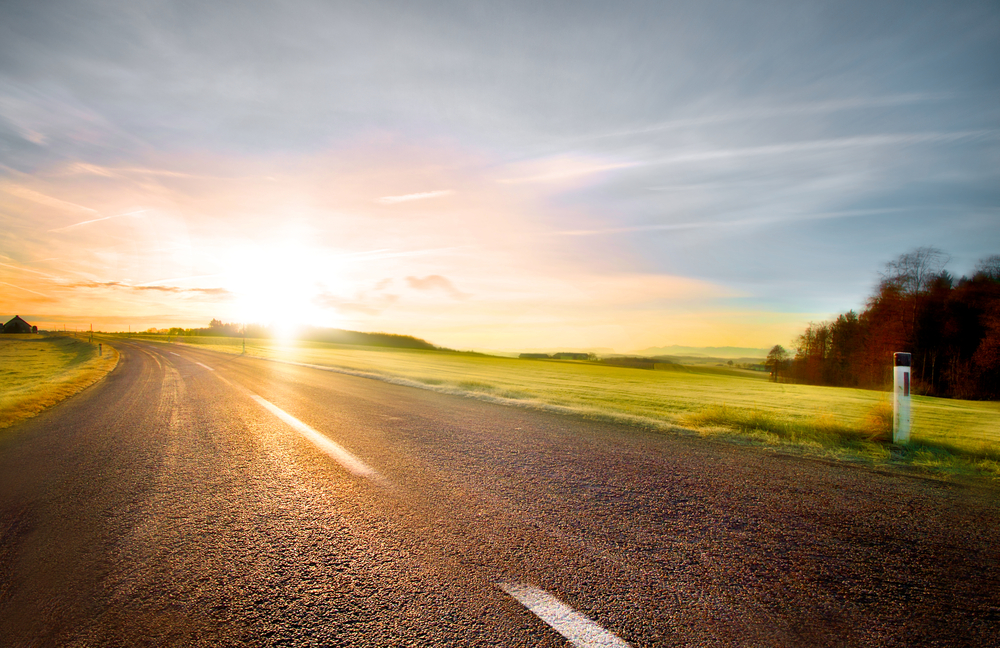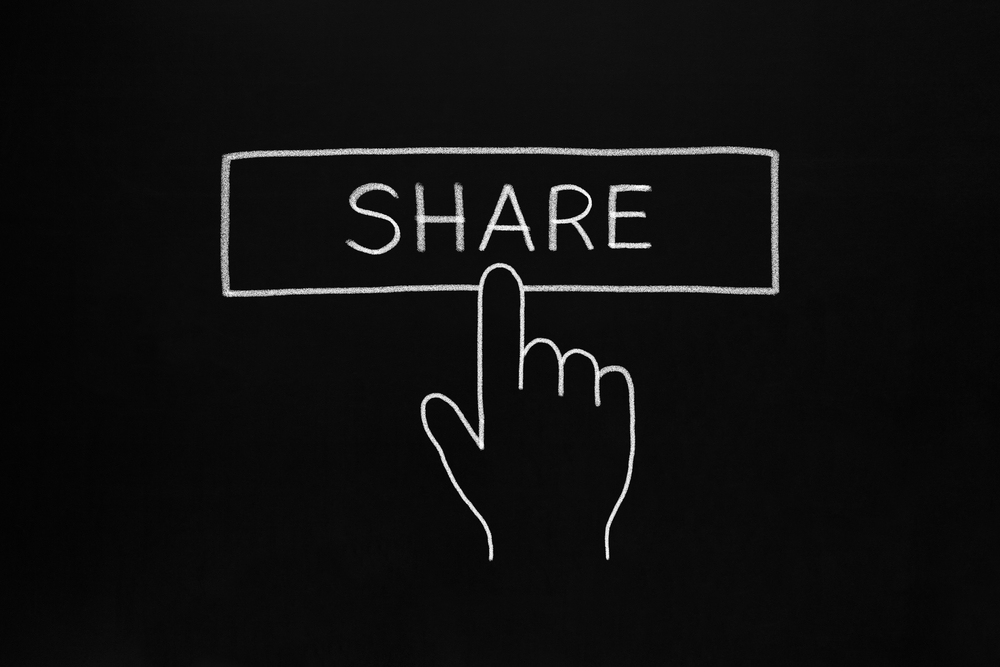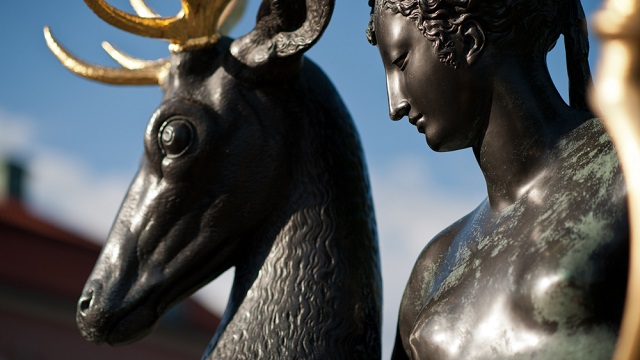Technology & Innovation
All Stories
Researchers at Harvard Business School have found that small mobile devices which close your posture off to the world also close your attention, weakening you ability to engage the world around you.
The Russian intelligence service has put in an order for typewriters and ribbons in hopes of avoiding Edward Snowden-type digital leaks. Writer Marc Herman notes that for the rest of us, this approach won’t make much difference.
When Reinhold Niebuhr wrote The Children of Light and the Children of Darkness in 1944, he was discussing democracy, which was coming under attack during world war two. He did […]
It might look similar to a material, developed by an engineer at North Carolina State University, that received high praise from attendees at a recent conference.
Designed at Chicago’s Toyota Technological Institute, it can help a car figure out its location even when it’s under a bridge or going through a tunnel…a useful skill in the coming driverless age.
Participants at a recent two-day event at Stanford University followed the hackathon model to come up with business solutions in the growing field of food innovation.
Two designers are using unlikely materials — the shell of a common water pest and a bio-ethanol waste product — to create a new generation of bioplastics.
A new study of 20 health-related sites demonstrated that many contain tracking elements and/or leak search terms to third-party companies, providing data that “could [help] build up a very powerful document with all of your medical conditions.”
That’s the claim being made by documentary filmmaker Chris Barrett, who is responsible for what may be the first-ever arrest captured using the device.
An Australian restaurateur has proposed that the most commonly used word in the English language get a symbol of its very own, one that’s borrowed from the Serbian Cyrillic alphabet: Ћ.
Through the worst portions of the global financial crisis, the price of gold skyrocketed from $300 per ounce to $1,900 as investors looked for a foothold in the rocky economic terrain.
The second annual Maker Camp, a free online program targeting kids and teens already bored with summer break, started Monday (July 8). Among other things, it promises to teach campers how to make 30 new things in six weeks.
Taking a clue from the mobile computing industry, major automakers are either designing or thinking about designing customized apps that a driver can download from their car’s monitor.
The technology that will enable vehicles to drive themselves has shown much promise. So much promise, in fact, that industry experts believe private drivers as well as industry will inevitably adopt them.
There is no ironclad guarantee that signing up to hurtle your body at 500+ mph several miles above the ground will result in safe passage to your destination.
Scientists have located the specific brain region involved in the spread of ideas. Called the temporoparietal junction, it could help clarify why some ideas fall flat while others go viral.
Rich Lee took an online DIY tutorial into the realm of body modification…and not having to worry about losing headphones is just one of the reasons.
Fordism, engineered assembly line production that stresses the integration of man and machine for the purpose of increased efficiency of production, stands out as one of America’s greatest ideas.
Interested people can now apply to take the Trekker — basically a “42-pound backpack” with 15 camera lenses attached — someplace Google hasn’t been yet.
Forget about gift shop miniatures: A San Diego man is taking pictures of the world’s great sculptures and converting them into files that he is offering for free to anyone with a 3D printer.
The amount of student loans shouldered by the nation’s young adults is keeping them from buying their first home, which has traditionally been a bedrock of an upward trending US economy.
“Courage is not a man with a gun in his hand. It’s knowing you’re licked before you begin but you begin anyway and you see it through no matter what. […]
A graduate student has designed a prototype that will capture and store an odor in a special trap, which would then be sent to a special developer lab to be made into customized vials of scent.
More are beginning to speak up against the practice of recording live shows, saying it negatively impacts the performance on both ends.
A Bitcoin payment processing company says that in the last two years, more than 8,000 mostly small businesses have signed up for their service. Some merchants say accepting the digital currency helps them stand out.
New Yorkers no longer have to worry about recovering lost or stolen keys: KeyMe automated kiosks can provide replacements at any time from a stored digital copy.
A plant at the southern tip of Spain is the first to purposely cultivate algae from wastewater in order to create clean gas for garbage trucks and other vehicles.
The Human Bionic Project catalogs all the FDA-approved prosthetics and other bionic devices currently available. Its creator says it should serve as a starting research point for amputees and others, and will grow with input from the public.
Don’t lament change, find the opportunity in it.

